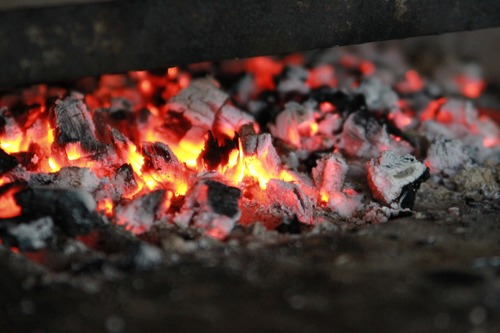The Forum of International Respiratory Societies (FIRS) warns of a newly discovered and potentially harmful nanoparticle called Magnéli phases, a type of titanium suboxide produced from the burning of coal, as it may present a new serious air pollution health hazard associated with burning coal.
In the new study, published on 8 August, 2017 in Nature Communication, researchers observed the presence of these nanoparticles on city streets and sidewalks in Shanghai, China.
When inhaled, nanoparticles enter into the lungs and can find their way into the bloodstream. While human lung toxicity of the particles is not well established, the particles do have significant harmful potential.
Dr Akshay Sood, Professor of Medicine at the University of New Mexico and member of FIRS Environmental Committee, commented: "Almost 3 billion people worldwide burn solid fuels indoors such as coal for cooking, and many more use solid fuels for heating their homes"; this is significant because exposure to poor air quality is a key contributor to poor lung function.
FIRS warns that relaxed environmental regulations may result in a wide spread of such nanoparticles, and suggest that use of cleaner fuels and renewable sources will be key in helping to combat air pollution and poor air quality.
